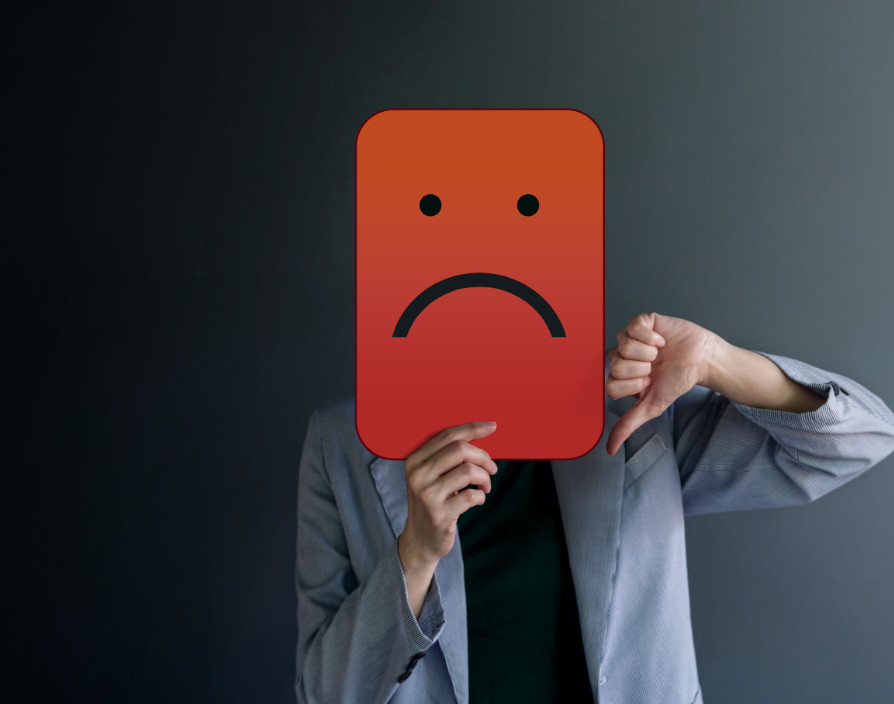With the pandemic now entering its second calamitous year, a leading communications company has conducted an innovative survey of how customers feel they are being treated as businesses confront unprecedented pressures.
Joanna Swash, is Group CEO of customer communications specialists, Moneypenny. She says that, as they face the pandemic, businesses can be divided into those who have met the challenge and adapted, and others who sadly have had no choice but to close their doors. Typically these have been in the travel and hospitality sectors.
For Joanna, maintaining a high level of customer service has been an essential feature of survival even in the most difficult of times. She says: Many businesses have overcome tremendous challenges in adapting to new operating conditions. Now, reducing friction for customers is vital. The winners will be those who make it easy for customers to do business with them. Cutting corners when it comes to customer service, could result in reduced customer loyalty and ultimately business loss.
We are in the communications business and were concerned by claims from suppliers, friends and family, that the standard line they hear when calling companies is, ‘There may be delays in answering your call as we’re experiencing higher call volumes owing to the Covid -19 pandemic’.
We decided to look deeper into this and conducted an in-depth survey of 1,000 adults. The results showed that 11 months into the pandemic, 85% of people believe that companies are increasingly blaming the pandemic for delays in answering phone calls, or engaging in Live Chat.
What the survey revealed was just how long customers are having to wait for their call or Live Chat request to be answered:
- 18% said they have to wait 1-5 minutes
- 23% have to wait 5-10 minutes
- 21% have to wait 11-20 minutes
- 13% have to wait 21-45 minutes
- 6% have to wait 45-60 minutes
- 19% typically give up waiting altogether
Longest call waiting times
Joanna says: Our survey also indicated those business sectors which have the longest call waiting times. It is perhaps not surprising that companies who have more of a monopoly over their customers are slower at answering calls than those that have more competition and that therefore need to be more sales oriented,
For example, when asked which types of companies and organisations are the worst for answering calls, utility companies were most frequently mentioned at 33%, followed by doctors with 27%, banks on 25% and phone companies ‘ 21%. Those that were mentioned least, were legal companies with 6% and property companies who are perhaps traditionally more sales hungry on 5%.
The survey also revealed clear regional differences in call answering times. Utility companies were the worst for answering calls, scoring 46% of those in the South West and 42% in the North East. Doctors came out worst in Northern Ireland with 39%, the West Midlands scored 35% and the South East just 29%. Banks were cited as the worst to get through to in Greater London with 33%.
Joanna adds: What is surprising is that people seem willing to accept long delays in their call or Live Chat request being answered. Our survey showed that 55% believe phone delays are acceptable due to Covid. Younger consumers seem more accepting of delays, than older ones: 73% of 16-24 year olds said phone answering delays are acceptable, compared with 46% of the over 55 year olds.
There were also clear regional differences in acceptance levels: 61% of those in Greater London said phone answering delays are acceptable, compared with 42% in the North East and 48% in the South East.
Joanna believes companies are not doing enough to resolve waiting times: It’s interesting that legal and property companies were least likely to be mentioned for poor answering times and we know from our clients in these sectors that they prioritise good customer service. However, our survey revealed that the pandemic is too often being used as a scapegoat for companies delivering unbelievably poor communications, and consumers should not accept this as inevitable.
Even with reduced staff through redundancies and furloughing, there are so many cost effective solutions available to ensure customer calls and live chat can continue, so it’s not good enough for companies to do nothing and to reduce service levels. There is a real danger that customers will vote with their feet and move to a competitor if poor service levels continue. Businesses have achieved a tremendous amount in adapting to the new normal, but they can’t afford to be complacent with their customers.
“
Share via:








































